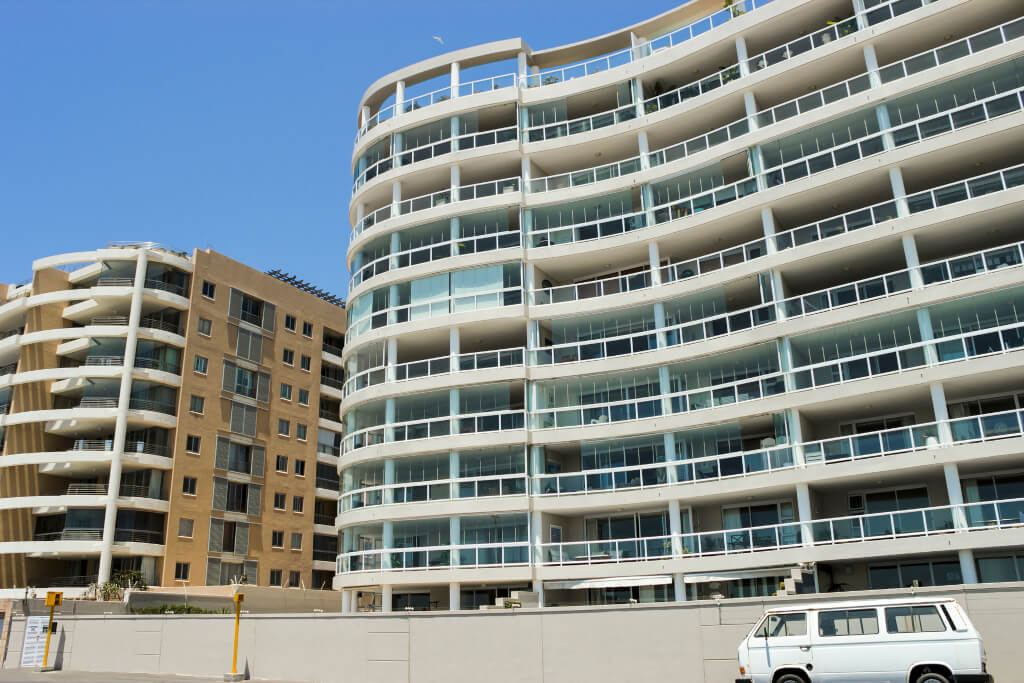Making the choice to do so and then searching for a new home are not the only two steps involved in the process. You have a lot to think about and strategize for, a lot of things to keep in mind, and especially when it comes to money, there are a lot of things you must be aware of and consider. Even the act of looking for a new home requires a lot of thought and many factors to be taken into account over the long term.
According to Craig Mott, who serves as the Western Cape regional sales rep for the Rawson Property Group, preparation and research are of “very important” significance. You need to give some thought to where you will be or where you wish to be in 5 or 10 years, and you should take into consideration a number of potential life events, such as the possibility of switching careers, relocating to a new city, province, or country, starting a family, or getting married.
“These, along with your budget, will invariably lead you to the optimum type of home you’re searching for – whether it’s a bachelor room, two-bedroom townhouse, or a three-bedroom family home,” he says.
It’s Also Suggested That You Make the Most of the Current Low-interest Rates to Pay Off as Much of Your Debt as You Possibly Can
Apartments and smaller houses, whether they are freehold or part of a complex, are frequently the types of homes purchased by first-time buyers because they require less upkeep on average. According to Mott, this feature renders them ideal for lifestyles that require little more than a quick lock and-go. Starter suburbs are typically located in the city center or near major transportation systems, providing residents with easy access to places of employment, shopping, and entertainment. These neighborhoods also tend to have a slightly higher population density, with apartment buildings and smaller even.
According to Mott, “First-time buyers need to know the procedure of purchasing a property and everything it involves, such as knowing the procedure for obtaining a bond accepted, the transition of ownership, and the legal aspects involved.”
According to him, another important step for any potential purchaser is to educate themselves about the market. After gaining this level of expertise, you will finally be able to identify a property with significant value when you come across one.
“Online rental advertisements are a good starting point, but open houses offer a much more full picture.”
Geoff Lee, who works for Absa home loans, suggests that when thinking about location, a person should take into account the rate of property price increase in the area.
It is in your best interest to look for real estate in an area that not only has a history of sustained appreciation in home values but also is anticipated to continue to increase in the years ahead. The growth of home prices is never a sure thing, but it should be one of the factors you consider when choosing a location.
According to Paul Stevens, chief executive officer of Just Property, you must also keep in mind the fact that the majority of people remain in their homes for more than 5 decades before moving forward. However, even in that short amount of time, a lot of life can transpire, including, but not limited to, getting married, having children, making advancements in one’s career, and watching one’s parents age.
“Because of this, you should consider what it is that you might require shortly, and then ask yourself what it is that you require right now to get there. He also emphasizes the importance of conducting your studies and avoiding relying on secondhand information.
People may offer their opinions on property values, the level of crime, and other aspects, but you should do your research to find out what the actual numbers and facts are so that you could indeed make an educated choice. You can obtain objective information about the property from local security firms, your realtor, and property portals.
In the end, however, Mott says that affordability must always be the most important factor to take into consideration. Not only must you consider what kind of financing you are eligible for, but you should also consider how much money you can free up from your monthly budget for all of those added expenses such as rate increases, home insurance, repair work, and upkeep. He claims that going through the pre-qualification procedure will assist you in determining an affordable price range for the homes you look at, which will prevent you from squandering time looking at houses that are out of your price range.
Ynnis Wilson, the regional manager at Jawitz Properties Randburg, says that once you recognize how much you can afford, you will be able to figure out which neighborhood better suits your requirements in terms of closeness to your job, schools, and relatives; the type of housing that is required; and lifestyle must-haves that are contained within your budget range.
You Must Also Keep in Mind That Buying Real Estate Isn’t a Short-term Investment Plan
Before deciding what kind of house is right for you, you need to think about the next five to seven years of your life. Since there is no minimum or maximum age requirement for first-time property ownership, this factor will also have an effect on the kinds of homes that are bought.




